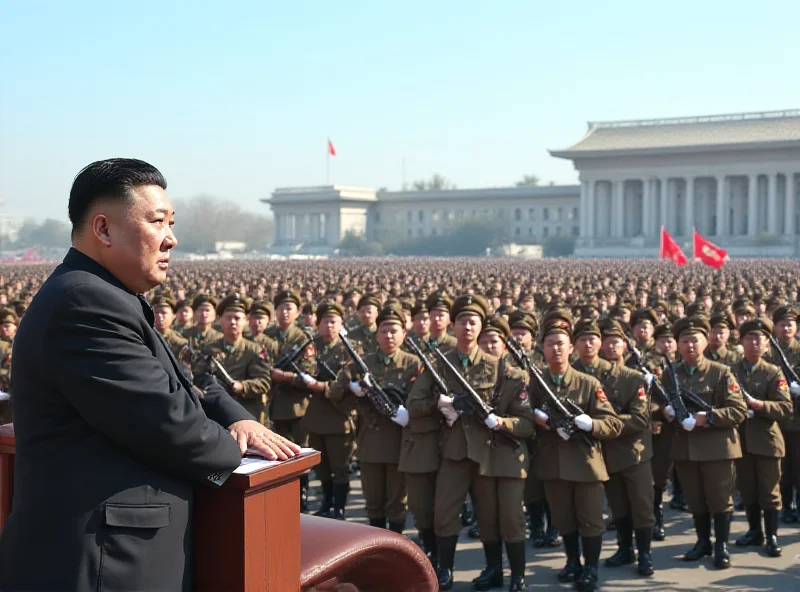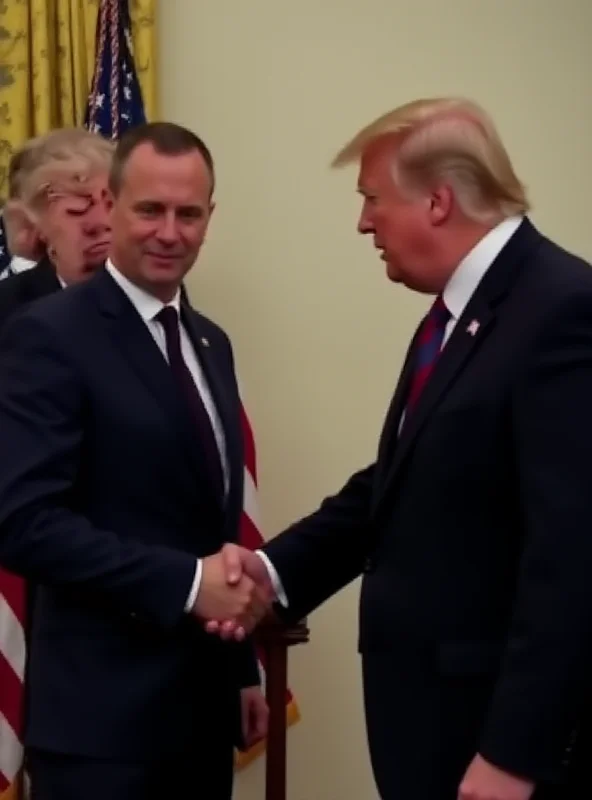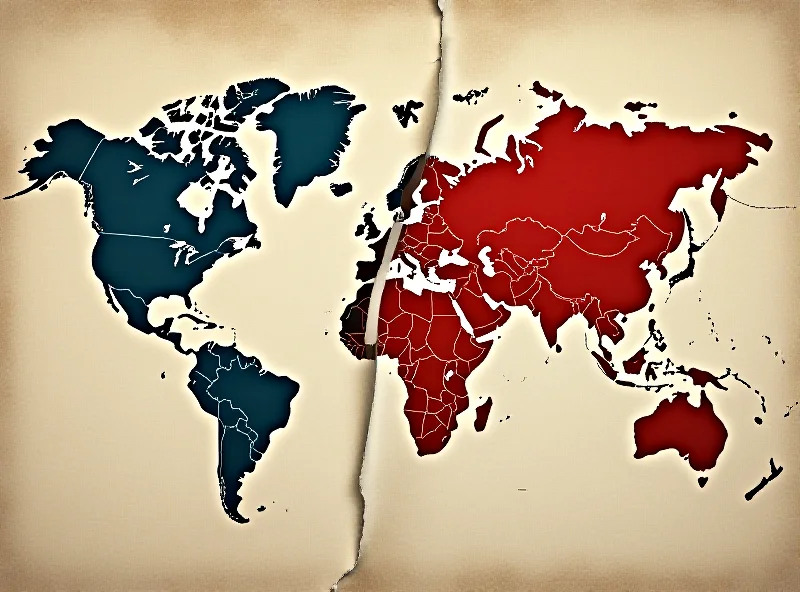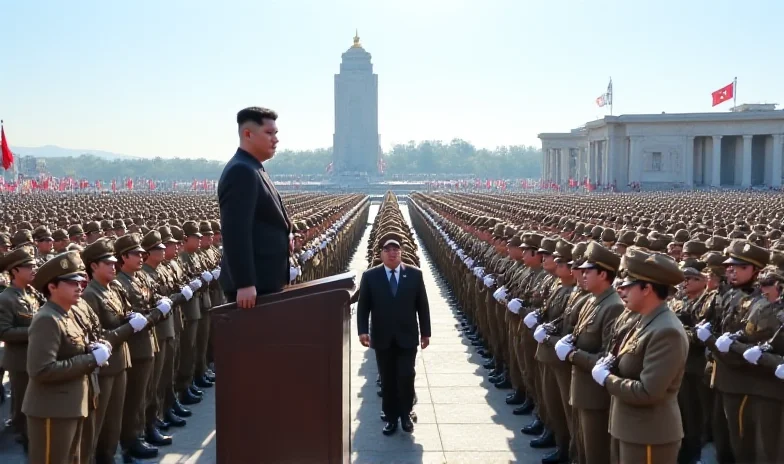Global tensions are on the rise, with several key political developments making headlines. From troop deployments to peace negotiations and shifting alliances, the world stage is becoming increasingly complex.
North Korea Sends More Troops to Russia
Reports indicate that North Korea has deployed additional troops to Russia, according to South Korean intelligence. This follows reports of significant losses suffered by North Korean forces in the Kursk region. The exact nature of their involvement remains unclear, but the deployment raises concerns about the escalating conflict and potential international involvement. This move could further strain already tense relations between North Korea and its neighbors.

Calls for Peace in Ukraine
Ruslan Trebuškin, the mayor of the frontline city of Pokrovsk in Ukraine, has called on President Volodymyr Zelensky to "establish peace." Trebuškin believes this desire is shared by the city's residents and the entire nation. However, the city's military administration, currently managing the city during the war, has strongly criticized any suggestion of concessions. They emphasized that Trebuškin is currently off duty and not in a position to govern.
This internal conflict highlights the complexities of the situation in Ukraine, where differing opinions on the path forward are emerging even within the government and local administrations. "Peace is what we all want," Trebuškin stated in a video message, sparking further debate.
Trump Rejects Ukraine's NATO Bid
In a move that is sure to further inflame tensions, former US President Donald Trump has rejected Ukraine's long-standing request for NATO membership. This decision, made shortly before a scheduled meeting with Ukrainian President Zelensky, is seen by some as playing into Russia's hands and undermining Ukraine's security. Ukraine has been pushing for NATO membership for years as a means of deterring further Russian aggression.

Could Britain Need to Defend Itself Against the US?
A provocative article by George Monbiot raises the unsettling question of whether Britain might one day need to defend itself against the United States. Given the deep integration of intelligence and military systems between the two countries, the possibility is far from unthinkable. The article explores scenarios where a potential shift in US policy, particularly under a future Trump administration, could lead to a conflict of interest. "So much of our intelligence and military systems are shared or reliant on the US – if it becomes the enemy, it is already inside the gates," Monbiot writes.

Further highlighting the human cost of the conflict in Ukraine, reports indicate that even older Russian contract soldiers are fighting and dying on the front lines. Data suggests that nearly one hundred thousand Russian soldiers have fallen, including men in their fifties, sixties, and even seventies. This underscores the brutal reality of the war and the sacrifices being made on both sides.
Conclusion
These developments paint a picture of a world grappling with complex and interconnected challenges. From troop deployments and peace negotiations to shifting alliances and internal conflicts, the global landscape is constantly evolving, demanding careful attention and strategic planning from all nations involved.
